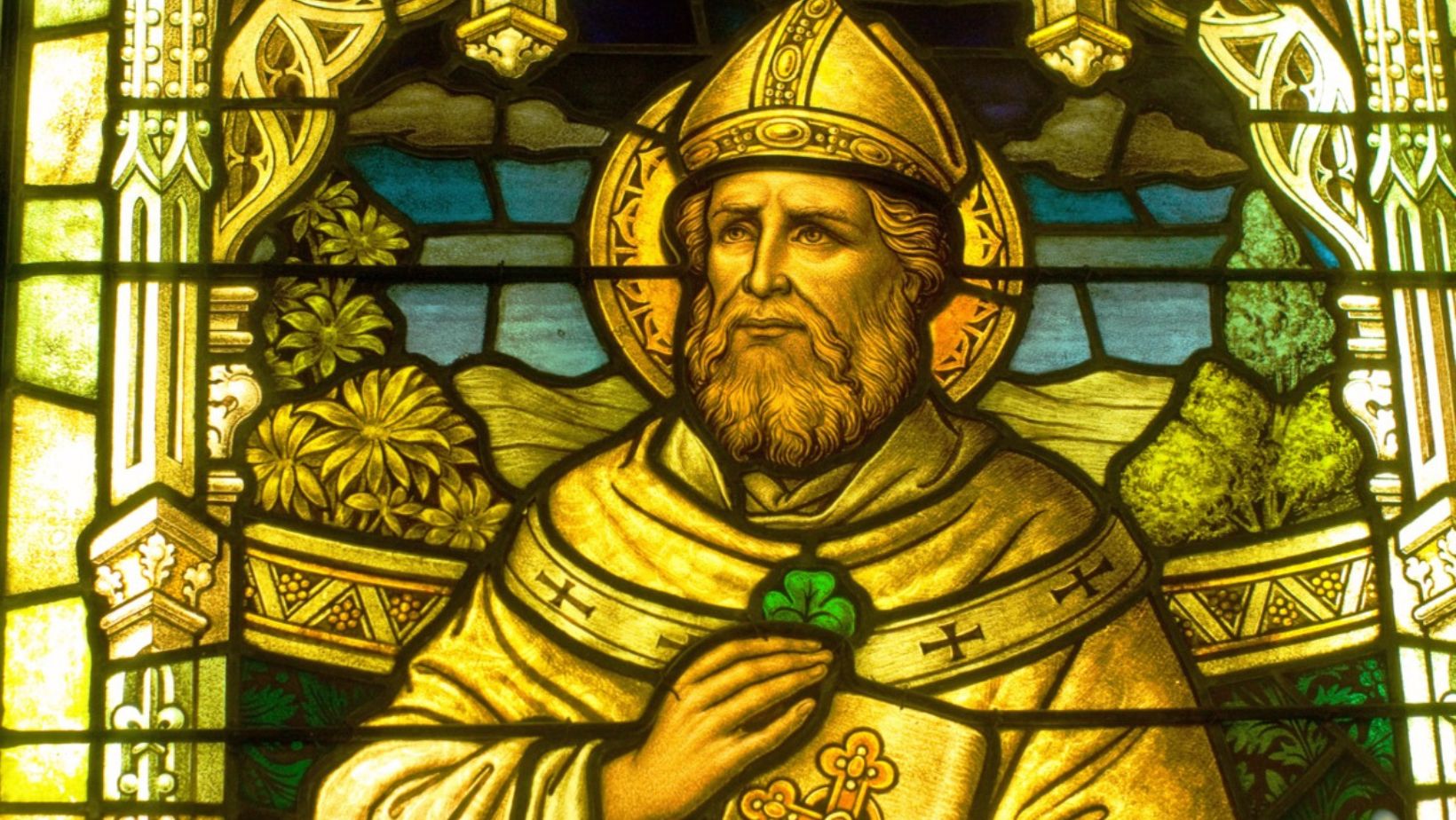Some of you may have celebrated St. Patrick’s Day yesterday. Often, the holiday is marked by dyeing everything green and pinching anyone not wearing it, looking for four leaf clovers, and stories of leprechauns, rainbows and pots of gold. There is much talk of the luck of the Irish.
But in truth, St. Patrick was a real person who spread Christianity throughout Ireland in the 5th century. And while little is known for certain about him, it is generally accepted that he was taken from his home in Britain by Irish pirates when he was sixteen year sold and spent six years there as an animal herder, before escaping home.
Years later, remarkably, Patrick went back to the place of his captivity to spread the gospel. Imagine the courage that must have taken.
Our word “luck” originates from Middle Dutch “luc,” a shortened form of “gheluc” meaning “good fortune”. But the word “pluck” originates from Middle English “plukken,” ultimately stemming from an Old English word meaning “to pull off or out, or to tear”. And it now has a figurative meaning referring to pull out or summon up courage or boldness in the midst of adversity.
St. Patrick wrote in his Confessions: “I cannot keep silent, nor would it be proper, so many favours and graces has the Lord deigned to bestow on me in the land of my captivity.”
Maybe it is time we start talking about the pluck of the Irish. Would that we all had the courage and boldness of St. Patrick.
Have a wonderful day.


